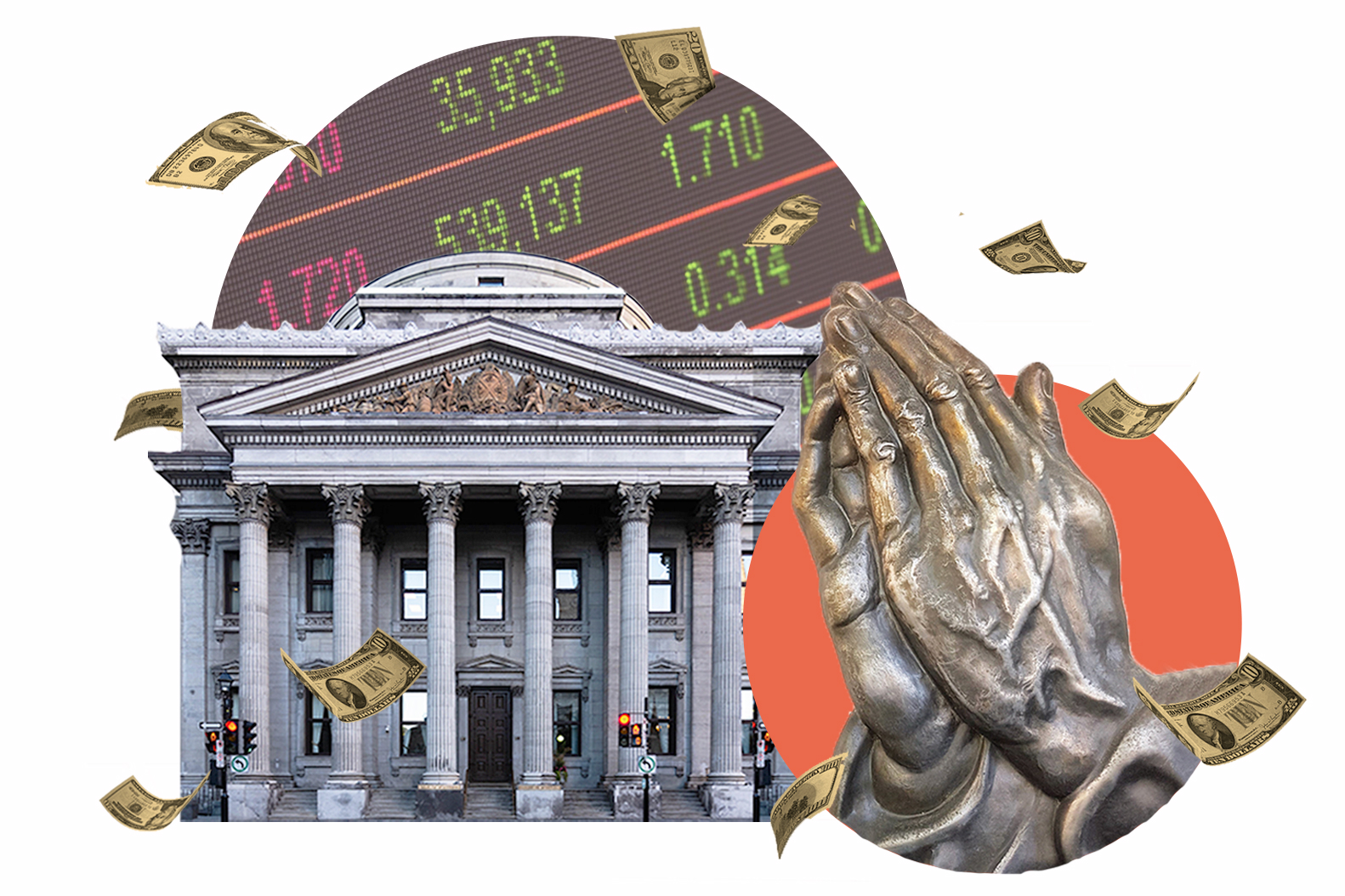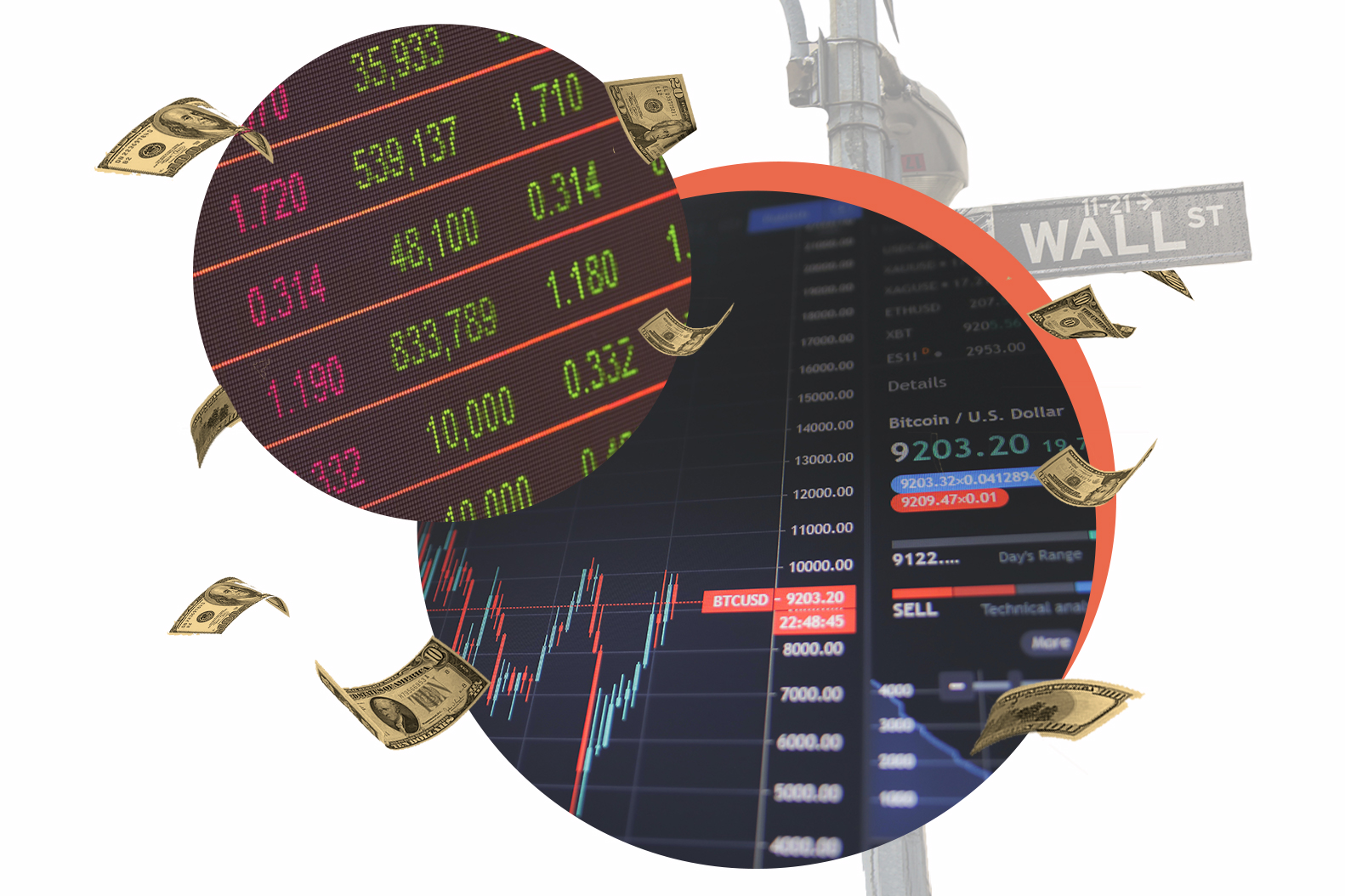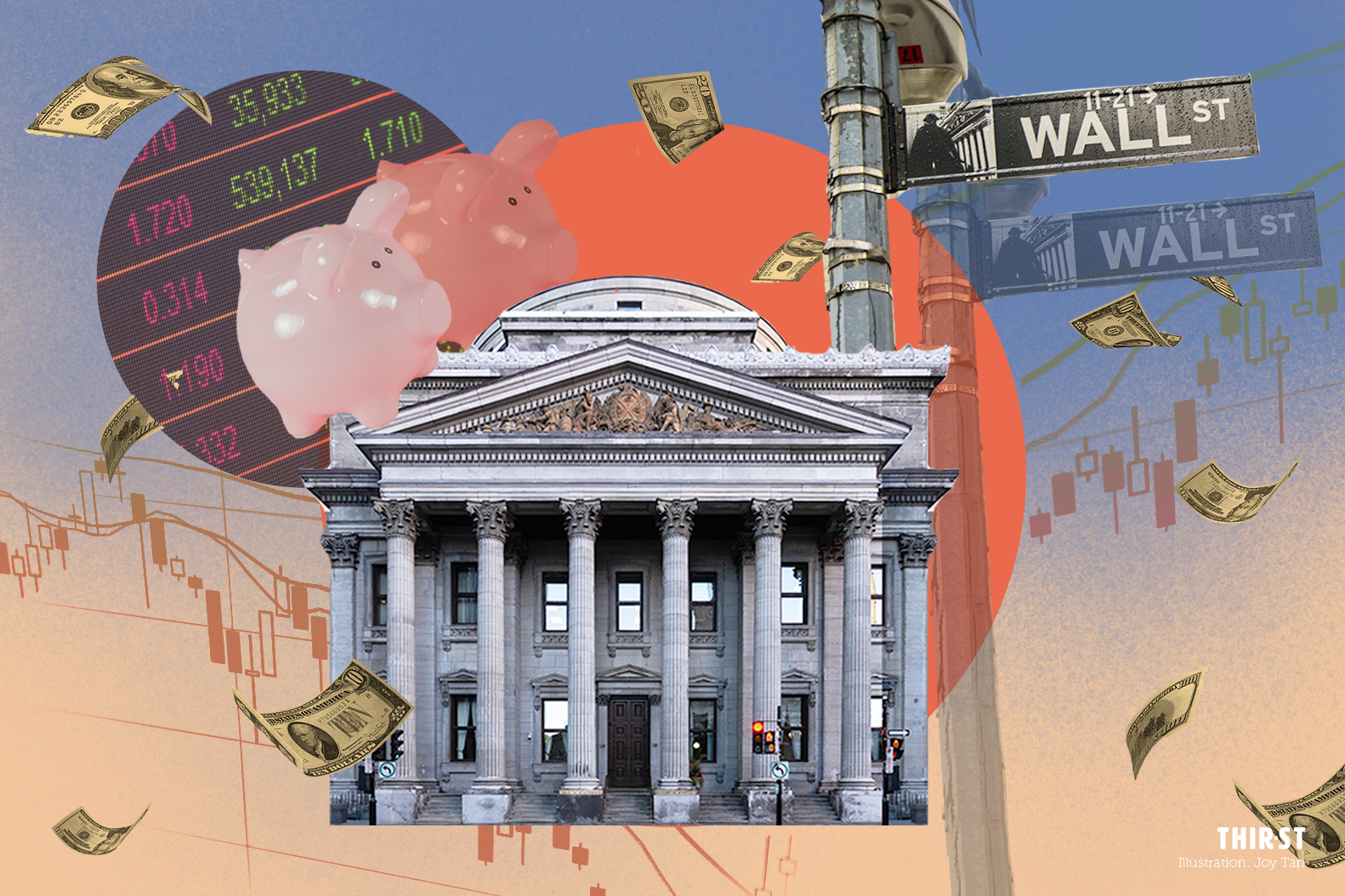I’ve been told that “buying low and selling high is the most misunderstood advice” by a YouTube advertisement one too many times now.
I don’t know about you, but almost all my YouTube advertisements (and there are lots of them nowadays) feature some finance guru talking at me.
That’s probably because YouTube’s algorithms know what’s been on my mind through my recent Google searches.
- “What is NFT?”
- “Diamond hands meaning”
- “Tendies meaning”
In many ways, the last few years have felt like the age of financial wokeness. The stock market has become a common conversation topic.
And friends whom I haven’t spoken to in a long time seem to suddenly want to talk to me about my insurance coverage.
Since that financial awakening, I’ve taken some interest in learning about personal finance.
It’s a perplexing world out there, even though there are many online resources and 1,001 different finance gurus out there to learn from these days.
The last few years have felt like the age of financial wokeness.
One thing I’ve found more important than discovering the machinations of money is to seek Christian counsel on financial matters.
Beyond receiving practical advice, doing so has helped to shape my attitudes towards money.
If you’ve ever done the same, you would probably have heard good stewardship being emphasised, but what does that actually mean?
I wanted an answer, so I spoke to more experienced folks to see what they had to say about being a good steward.
HEDGE FUND PORTFOLIO MANAGER: RAPHAEL FOO
Raphael Foo believes that one must first have a right relationship with God to be a good steward.
“Being a good steward is less about the return, but more on the obedience and the faithfulness,” said the 30-year-old.
The passage that Raphael finds an anchor in is Jesus’ parable of the bags of gold in Matthew 25:14-30, wherein a master entrusts three servants with his wealth.
In the parable, the diligent servants who worked to grow their master’s wealth are called good and faithful before they are entrusted with more responsibilities.
On the flipside, the servant who simply buries his master’s money in the ground is rebuked for being wicked and lazy before being cast off.
Pointing to the lazy servant’s response when questioned, Raphael believes that being a good steward is related to how you view the Father.
“Do you view Him as kind? Do you view Him as a hard man?” he questioned. “If you view Him as kind, then you will allow yourself to be guided by Him into making the right decisions.”
The right decision, however, isn’t always easy.
Without disclosing too much about his personal wealth management, he recalled previous occasions when he felt God asking him to make an decision that didn’t seem logical.
God is not against you having money, He is against money having you.
From his perspective, those money moves would seemingly have made zero returns.
It was only later when Raphael discovered that these decisions had helped to build the kingdom in ways that he had not considered previously.
These incident brought to mind something he had heard preached in church, a lesson he has since held close to his heart:
“God is not against you having money, He is against money having you… And we are most like God when we are generous, as He gave us His only son.”
FINANCIAL ADVISOR: YEO EN HWEE
Thinking back on her many years as a financial advisor, En Hwee defined stewardship as the “prudent management of God-given resources for present and future needs”.
Explaining how planning is important to the Christian life: “Of course, God can take care of everything, but He already has given you resources to manage. So one of the things to manage is crisis.”
Likening buying insurance to studying for an exam, En Hwee explained that trusting God to provide does not mean not studying.
“In preparing for an exam, you can only do your best; the outcome is in God’s hands,” said the 52-year-old.
To this, she added: “I think the only conflict would be if I get overly anxious, if even after planning, I’m still anxious about it.”
En Hwee has seen many anxious clients over the years. One common refrain she often hears is: “Please, I don’t want to be working in my old age”.
In her own words, the root of anxiety is “deep and multifaceted”. This isn’t helped by the fact that we live in a world where the crisis coverage of new insurance products now starts earlier and earlier.
Like Early Critical Illness (as compared to Critical Illness) and the increasingly popular Maternity Insurance for unborn babies.
En Hwee reflected: “If a person is anxious, no matter how much you do, it’s not going to be enough.”

Yet, the Bible offers us a solution to this anxiety.
The Word of God tells us not to be anxious, but to present our requests to God instead (Philippians 4:6).
Sharing the motivation behind godly decision making, En Hwee said: “It’s important to have God in the picture, meaning that whatever plans you plan, commit those plans to God.
“Pray about it and ask God what needs to be done, what can be done, what would be good to do — really involve Him even in the planning stages as well.
“Ultimately God will be the one to provide the outcome.”
Billy and Yi Jia*
Billy (30) and Yi Jia (28) have been married for two years and are waiting for their flat to be ready. Young and excited to begin life as a family, they have been busy adulting.
Throughout this period of major financial decisions, their mantra has been: “Earn all you can, save all you can, give all you can.”
The quote from John Wesley has proved a grounding force for the couple since it constantly reminds them to be good stewards which, in Yi Jia’s words, means “multiplying what God has given us, growing our money and talent for His purposes and kingdom”.
Having been there and done that, Billy listed some common struggles of first-time investors:
- Obsessing about stock prices and portfolio value daily
- Comparing with others
- Buying “hype stocks” based on friends’ recommendations
At the heart of it, Billy found there was a temptation to get rich quick.
Billy soon realised that if he were only motivated to make a quick buck without doing his homework, he could easily turn investing into gambling.

As an additional word of caution, he shared that while investment courses are helpful, we must first approach them with the right stewardship mindset.
Having attended three courses, each teaching a different strategy, Billy found that it was difficult to make a consistent profit jumping from strategy to strategy.
On hindsight, he wished he had read more authentic reviews before signing up.
More importantly, he realised that what he had bought into was the promise of a “best way” to make money quickly — and that was motivated by greed.
“Be careful of investment courses,” warned Billy. “They may tempt you with a formula or process to make money, but it is usually not as easy as it sounds.
“Guard your heart against greed!”
With regard to insurance, Yi Jia’s conclusion is that buying life insurance does not mean she does not trust in God’s provision and providence.
“God can provide from thin air and also through our insurance payout,” she said.
In fact, her motivation was not to burden her loved ones who may need to take care of her in the case of tragedy. She was at peace with her decision because it was one made out of love and service.

At the end of the day, while we cannot serve both God and money (Matthew 6:24), stewardship calls for a wise use of money to serve God.
Being a good steward may look different for each of us.
But whatever money means to us — power, love, security, freedom, independence, significance — would you be able to entrust it to God?
* Names have been changed for confidentiality.
- What does stewardship mean to you?
- What does money mean to you? How do you see God in your spending habits?
- What are some ways you can be a better steward? What would it take to be a better steward?









